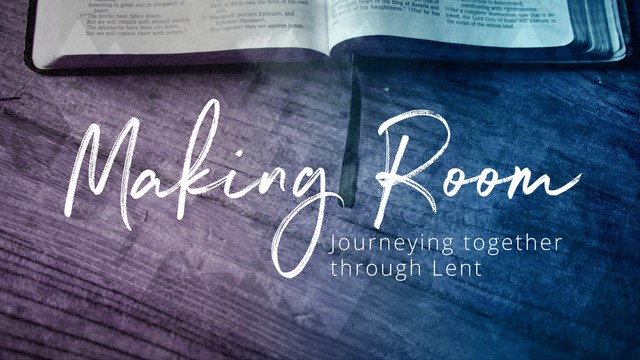Scripture Reading: Numbers 9:15-23
It’s often when we feel most lost, most confused, most unsure of the next step that we feel Jesus draw near, pick us up and show us His way. In my own life, it was last semester, when I was at my lowest, that I felt Jesus the most near. When I did not know how I would even make it through the next day, I felt Jesus sustain me through each moment, hold me as I cried and walk with me to the next steps that He was guiding me to. When I was at my hardest moment, my wilderness, Jesus revealed Himself to me almost tangibly.
I imagine this is similar to how the Israelites must have felt in the wilderness for 40 years. They had no map, no food, and no idea of what challenges were ahead, but the Lord revealed His presence 24/7 in a cloud by day and a fire at night. “Whether the cloud stayed above the Tabernacle for two days, a month, or a year, the people of Israel stayed in the camp and did not move. But as soon as it lifted, they broke camp and moved on.” (Verse 22) When the Lord moved, they moved. When the Lord stayed, they stayed. They were in pure dependence on the Lord for every aspect of their lives, but most notably, the journey they were on.
In my hardest moments, that is where I felt Jesus led me to, pure dependence on Him. The beautiful thing is that the dependence did not end when my hard season was over, I was healed, and life was notably easier. It continued on in every aspect of my life afterwards, inviting Him into the little and big moments and decisions that followed.
Lent is a time to draw near and come into agreement with the Lord’s plan for our life. It is a time to develop a greater dependence on Him and all He has done and is going to do for us. For me this has been taking a Sabbath. While this may seem like just resting, I have realized that this has forced me to depend on Him even more. I have had to trust that He can do more with my six days then I could do with my seven days and depend on Him for the motivation and time to get my work done in the other six days of the week.
The beautiful thing is the dependence that grows in Lent does not end there. It continues on to foster a deeper relationship. Instead of needing a cloud by day and a fire by night, we are led by His spirit through our wildernesses, mountaintops and valleys and every twist and turn life has to offer.
Reflection:
How in the remaining time of Lent can you make room for more dependence on Jesus in your life?
What decisions and moments, both big and small, can you bring Jesus into in this time and depend on Him and His word as you walk through those?
How can you grow in feeling His presence, not just in your quiet times, but 24/7 as the Israelites experienced in the wilderness?
Written by Ciara Wingfield


